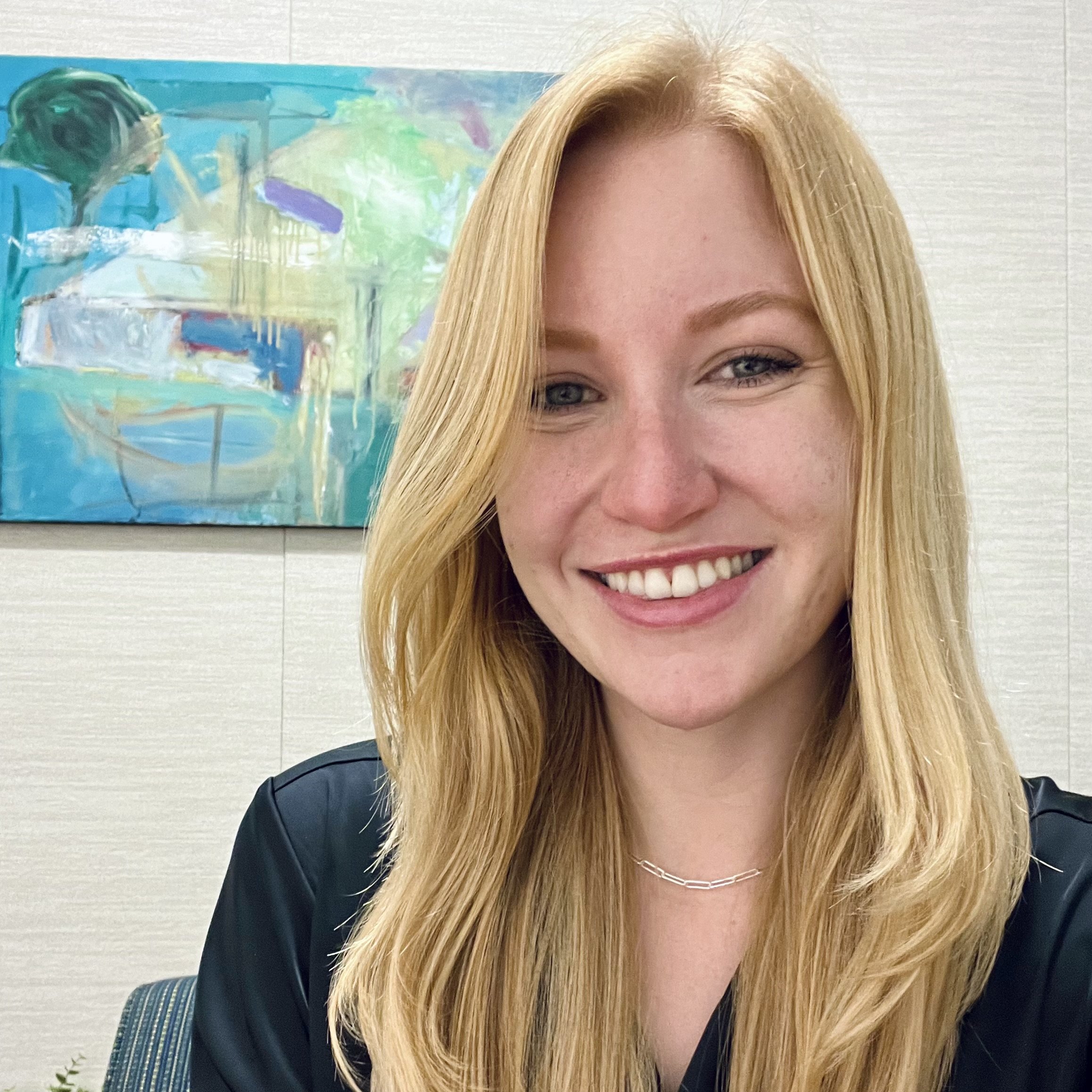Clinical-Research Practicum
We offer a year-long practicum for clinical psychology doctoral students. The position is ideal for students who are interested in pursuing a blend of clinical work and research at academic medical centers or similar healthcare settings. The overall goal of the practicum is to provide strong clinical and research training to promote health, well-being, and equity across the lifespan. Practicum training primarily occurs in the context of clinical trials for medically and diverse patients with acute and chronic illness and their family caregivers, in both hospital and community settings. Practicum students receive hands-on training to deliver evidence-based mind-body and lifestyle interventions in individual, dyadic, and group formats. Practicum students also learn to administer and inform treatment with brief cognitive and psychosocial assessments. There are ample research opportunities through team presentations, didactics at CHOIR and MGH, journal club, office hour consultations (quantitative, mixed-methods, writing), posters, and manuscript preparation. Additional information can be found below.
Requirements:
Clinical psychology graduate student (2nd year and above)
At least 1 year commitment
Minimum of 20 hours/week
Opportunities:
Deliver lifestyle and mind-body interventions on clinical trials
Individual, dyadic, and group
In-person and remote
Administer brief cognitive and psychosocial assessments
Attend clinical research didactics and resources
Co-facilitate qualitative interviews and focus groups with patients and medical stakeholders
Assist intervention development (e.g., improve treatment manuals)
Receive frequent individual and group clinical supervision
Collaborate with interdisciplinary research and clinical teams
Optional: assisting and leading manuscripts and posters
POTENTIAL ROTATIONS FOR 2025-2026:
Adult patients and caregivers in the Neuroscience Intensive Care Unit (e.g., stroke, tumors, TBI) with emotional distress (Recovering Together program).
Older adults with chronic pain and early cognitive decline enrolled in a mind-body activity program (Active Brains program).
Cardiac arrest survivors and their caregivers (RT-CA: Recovering Together after Cardiac Arrest program)
Older adults from underserved communities with chronic pain (GetActive+ and HABIT programs)
Older adults and caregivers in our newly formed outpatient Caregiver Clinic
Please contact Dr. Alexander Presciutti at apresciutti@mgh.harvard.edu for more information
HOW TO APPLY:
We are accepting applications for the 2025-2026 academic year. Diverse students are encouraged to apply. Please email a cover letter, CV, and 2 reference letters to Dr. Alexander Presciutti (apresciutti@mgh.harvard.edu).
Current Practicum Student
-

Nicolás (Nico) Alvarez-Frank
PhD Candidate, Clinical Psychology, Clark University
Past Practicum Students
-

Molly Becker, M.S.
Suffolk University Clinical Psychology, Anticipated 2026
-

Breanna Bullard, MA
University of California, Berkeley, Clinical Psychology Anticipated 2026
-

Brooke Duarte, M.S.
Suffolk University Clinical Psychology, Anticipated 2024
-

Rebecca Browne, M.S.
Suffolk University Clinical Psychology, Anticipated 2024
-

Malvina Pietrzykowski, M.S.
Suffolk University Clinical Psychology, Anticipated 2025
-

Jesse C. Frieder, M.ED.
William James College Psy.D. Program, Anticipated 2026
-

Jennifer Choi, M.A.
MA at Vanderbilt University in Clinical Mental Health Counseling
-

Sarah Hopkins, PhD
Ph.D. in Clinical Psychology at Suffolk University, 2023
-

Tanya Singh, PhD
Ph.D. in Clinical Psychology, Montclair State University, 2022
-

Eric Riklin, PhD
Ph.D. in Clinical Psychology, Fordham University 2022
